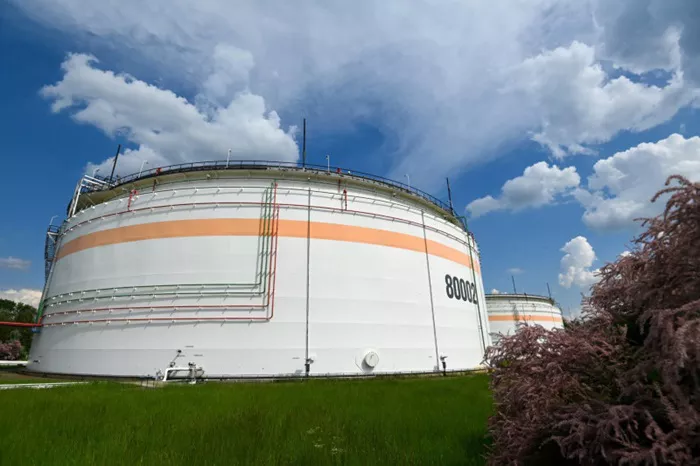Hungary is grappling with a significant fuel shortage following Ukraine’s decision to prohibit the transit of Russian oil through its territory. The move, initiated in June as part of sanctions against Moscow, aims to sever a key financial lifeline supporting the Kremlin’s military operations.
Although the sanctions primarily target Lukoil’s pipeline oil, other Russian exporters utilizing the same route remain unaffected. This selective ban has triggered supply disruptions in Budapest, where Russia accounts for 70% of oil imports, with Lukoil alone providing half of that supply.
Hungarian Foreign Minister Peter Szijjarto expressed concerns over the potential long-term impact on Hungary’s energy security, noting efforts by Ukrainian authorities to find a resolution have faltered.
“In response to Ukraine’s measures, Budapest has initiated discussions with Moscow to explore alternative sources of Russian oil,” Szijjarto stated following talks with Russian Foreign Minister Sergey Lavrov.
Kremlin Press Secretary Dmitry Peskov criticized Kyiv’s decision as politically motivated, emphasizing the critical implications for countries still dependent on Russian oil.
Ilona Gizinska, a Hungary expert at the Centre for Eastern Studies, warned of escalating energy prices and electricity shortages in Hungary within weeks if a solution is not reached soon.
“Gizinska suggested that Hungary could seek increased imports from Rosneft or bolster supplies via the Adria Pipeline from Croatia. Budapest also maintains emergency strategic reserves capable of covering 90 days of oil consumption” .
The Druzhba Pipeline’s southern leg in Ukraine, through which several Russian companies including Lukoil supply oil to Hungary and Slovakia, halted transit on July 18.
Ukrainian lawmaker Inna Sovsun criticized the European Union and the G7 for not imposing broader sanctions on Russian oil sooner.
“It’s absurd to allow Russia to profit from oil transportation through Ukrainian territory when those profits fund military aggression,” Sovsun emphasized, citing Moscow’s substantial earnings from oil exports.
The ban might pressure Hungary into altering its stance on weapons deliveries to Ukraine and the country’s European Union accession.
Hungary has historically aligned closely with Russia within the EU, opposing Ukraine’s NATO and EU aspirations and advocating against stringent sanctions on Moscow while undermining Western aid efforts for Ukraine.
Related topics:
Coleman Fuel Vs Unleaded Gasoline: What Is The Difference?

